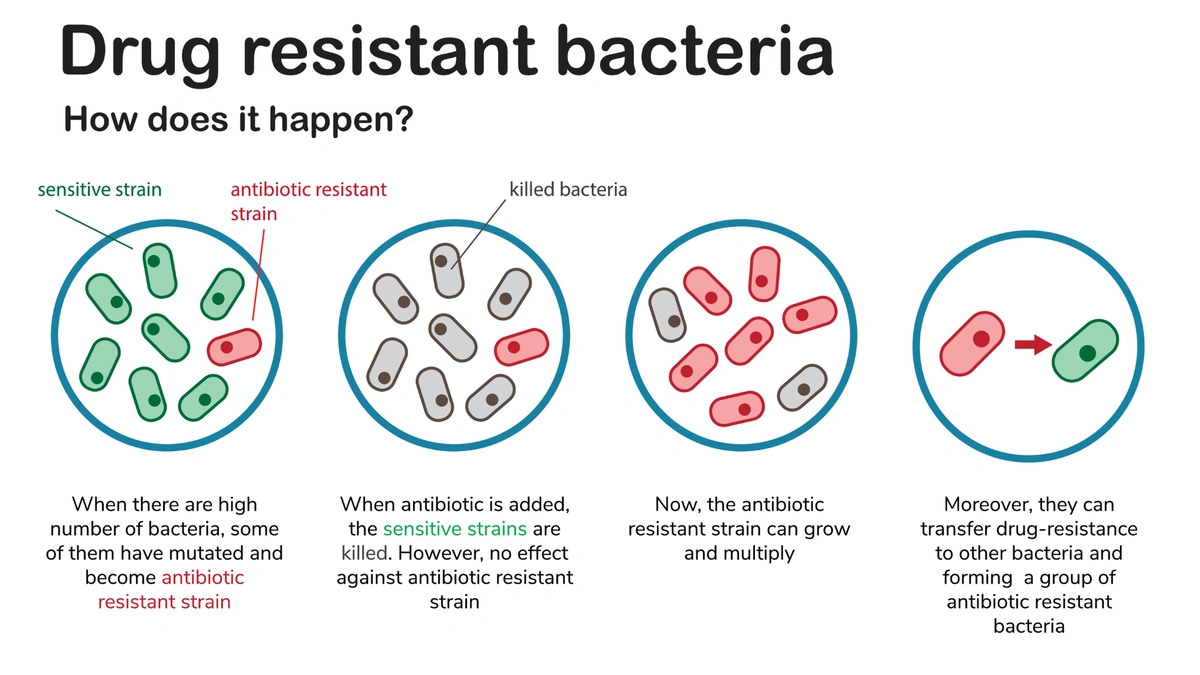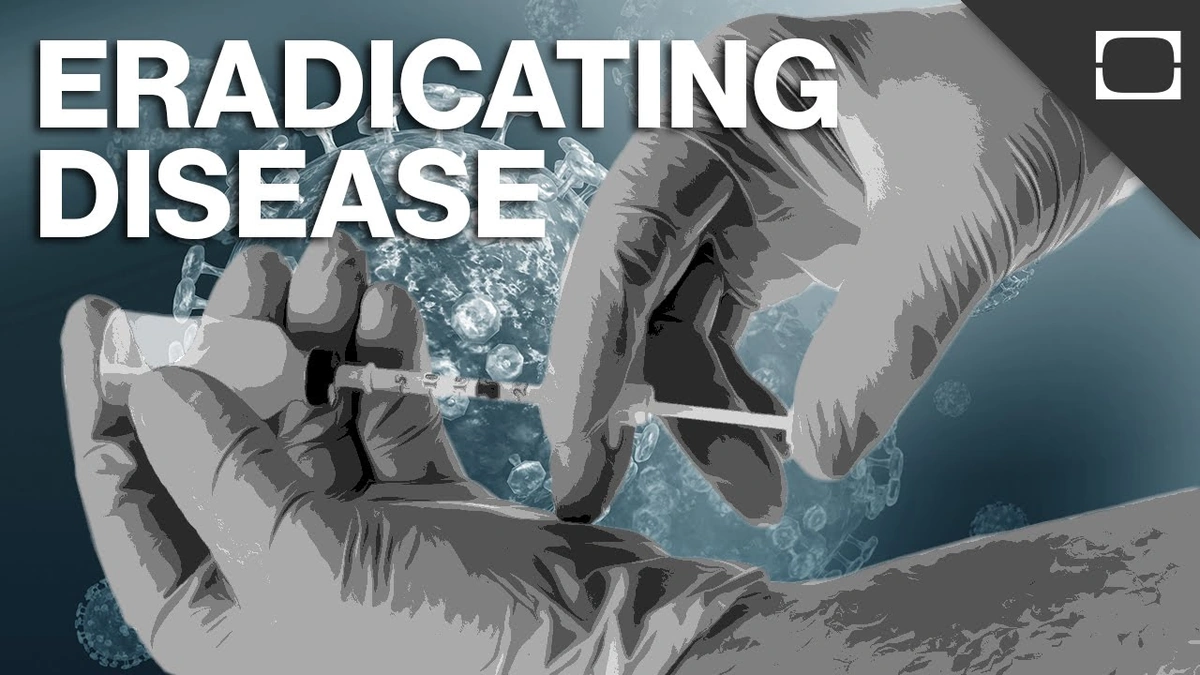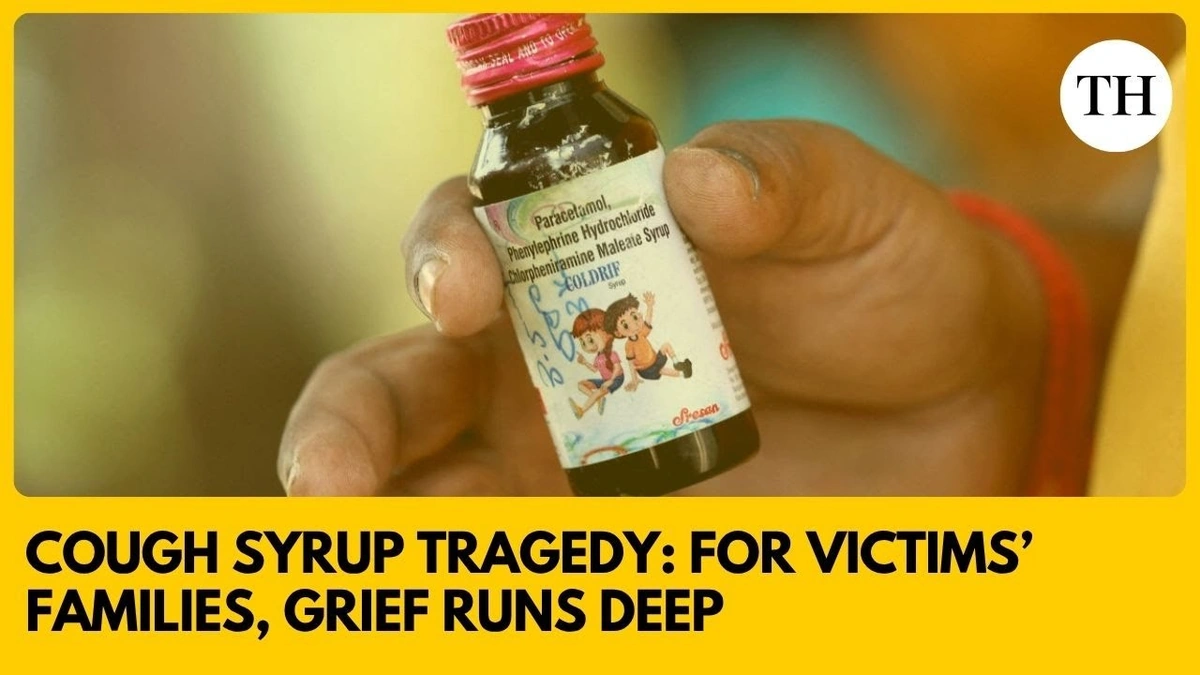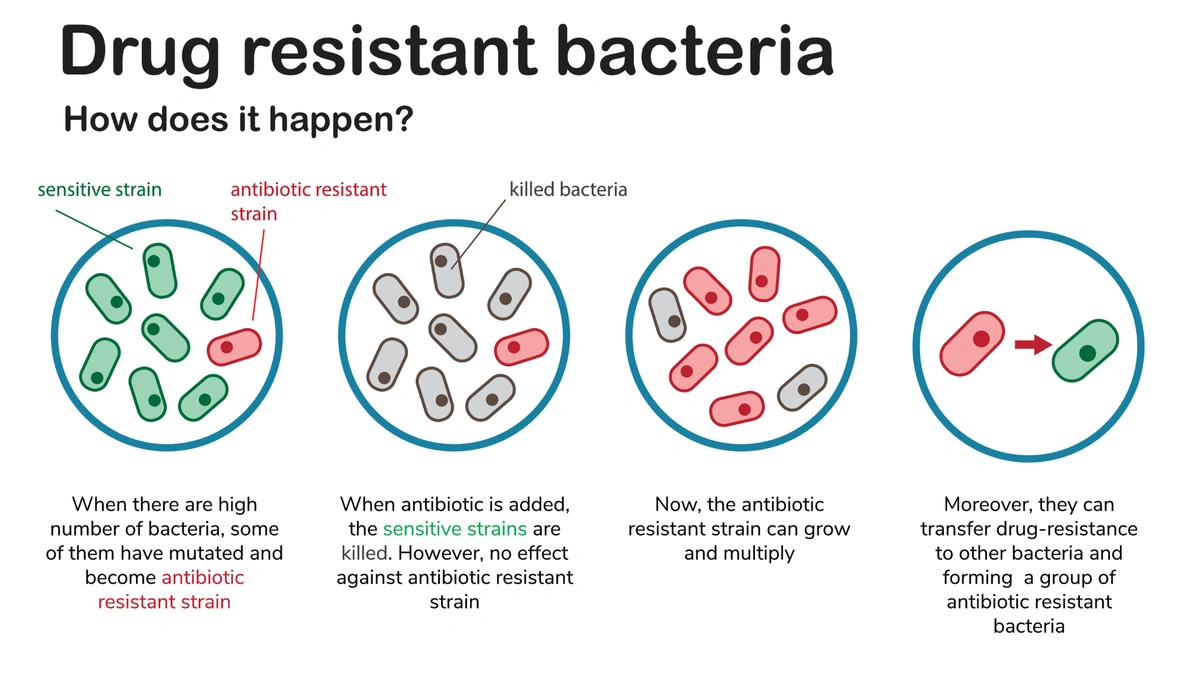Global Rise in Resistance: WHO Calls for Responsible Antibiotic Resistance Use
Let’s be honest, the news is often a firehose of information, right? Headlines scream about global crises, reports warn of impending doom, and somewhere in the middle of it all, we’re supposed to… care? The latest alert from the World Health Organization (WHO) regarding the global rise in antibiotic resistance might feel like just another blip on the radar. But here’s the thing: this isn’t just about some faraway problem. It’s about your health, your family’s health, and the future of medicine as we know it. Let’s dive deep, shall we?
The Silent Pandemic: Why Antibiotic Resistance Matters to You
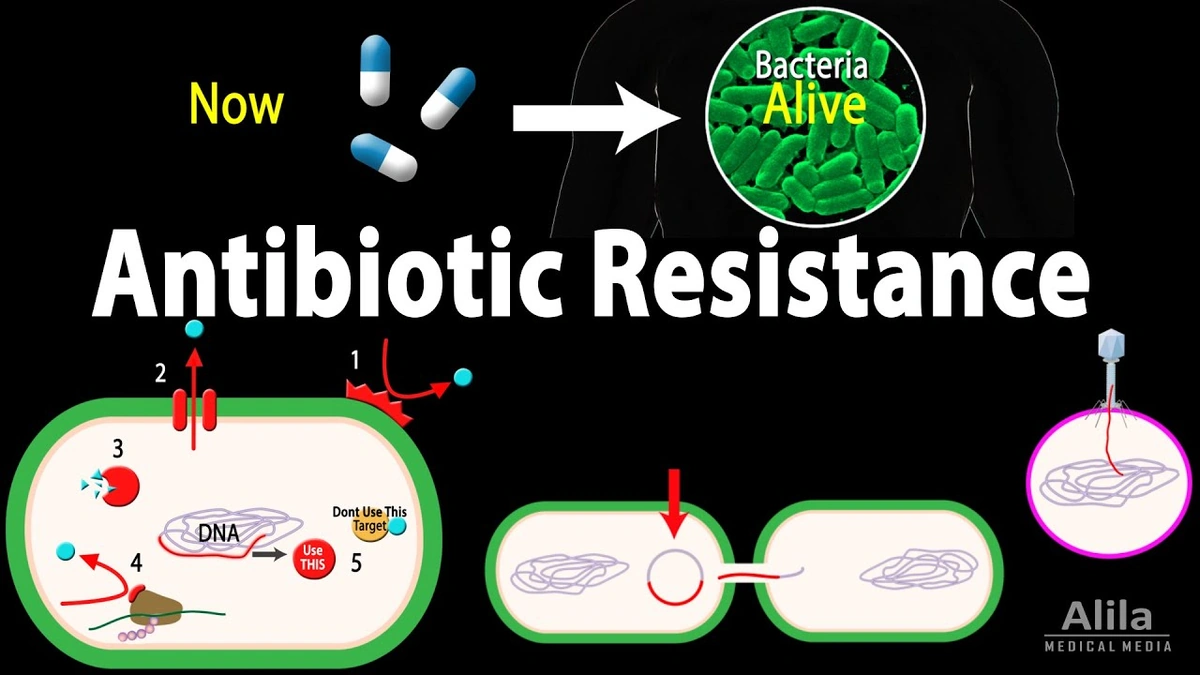
So, what exactly is antibiotic resistance , and why should you, sitting in India, be concerned? Essentially, it’s when bacteria, those tiny little critters that can make you sick, evolve to become resistant to the drugs designed to kill them – antibiotics . We’re talking about common infections, ones we’ve taken for granted as easily curable, becoming potentially life-threatening. Pneumonia, urinary tract infections, even seemingly simple skin infections – they could all become much harder, or even impossible, to treat. The impact of antibiotic resistance extends to serious health complications like sepsis. And that’s a terrifying prospect. Think of it like this: the shield we’ve relied on to protect us from bacterial invaders is slowly crumbling.
What fascinates me is that this isn’t some new, sci-fi scenario. It’s happening now, and it’s happening because of how we’ve been using – or, more accurately, misusing – antibiotics. Overuse in humans, overuse in agriculture (think livestock getting antibiotics to promote growth), and improper disposal of medications – all of it contributes to this growing problem. It’s a complex web, but at its core, it’s about evolution in action. Bacteria are incredibly adaptable, and the more they’re exposed to antibiotics, the more likely they are to develop resistance. This poses a threat to public health safety, particularly for vulnerable groups like pregnant women.
How India Fits Into the Global Picture | A Unique Challenge
Now, let’s zoom in on India. Here’s the thing: India faces a unique set of challenges when it comes to antibiotic resistance . High population density, widespread availability of over-the-counter antibiotics, and sanitation issues all contribute to the problem. Let me rephrase that for clarity: it’s not that India is inherently worse than other countries; it’s that the conditions here create a perfect storm for the spread of resistance. Access to clean water and sanitation plays an important role. It’s not about blaming anyone; it’s about understanding the context. We have to consider the effects on our healthcare systems.
And what fascinates me is, while the challenges are significant, so is the potential for change. India has a vibrant pharmaceutical industry, a growing awareness of public health issues, and a strong tradition of community-based healthcare. We have the tools; the question is, how do we use them effectively?
One crucial step is responsible antibiotic use. This means only taking antibiotics when they’re truly needed, completing the full course of treatment (even if you start feeling better), and never sharing antibiotics with others. Easier said than done, I know. But small changes can make a big difference. The improper and incorrect use of antimicrobial drugs could be avoided. This helps to reduce antimicrobial resistance .
Practical Steps You Can Take | Be Part of the Solution
Okay, so the problem is big. But what can you do? Here’s the “How” angle: a few practical steps that can make a real difference:
- Talk to your doctor: Don’t demand antibiotics. Trust your doctor’s judgment about whether they’re truly necessary.
- Practice good hygiene: Wash your hands frequently with soap and water. This is simple, but incredibly effective in preventing the spread of bacteria.
- Get vaccinated: Vaccines can prevent some bacterial infections, reducing the need for antibiotics in the first place.
- Be mindful of food safety: Cook food thoroughly and follow proper food handling practices to avoid foodborne illnesses.
- Advocate for change: Support policies that promote responsible antibiotic use in agriculture and healthcare.
These guidelines are great for reducing the risk of resistant bacteria . I initially thought this was straightforward, but then I realized that access to resources varies drastically across India. It’s not a one-size-fits-all solution, but it’s a starting point.
The Future of Medicine | Innovation and Collaboration
The fight against antibiotic resistance isn’t just about individual actions; it’s about a global effort involving researchers, policymakers, and healthcare professionals. We need new antimicrobial drugs . Investment in research and development is crucial. But it’s also about exploring alternative therapies, like phage therapy (using viruses to kill bacteria) and immunotherapy (boosting the body’s own immune system to fight infection). It can be an alternative to antibiotic medications .
And what fascinates me is the potential for technology to play a role. From rapid diagnostic tests that can quickly identify infections to AI-powered tools that can predict the spread of resistance, innovation is happening on multiple fronts. And it extends to agriculture as well, with innovations for farming.
But, here’s the thing: technology alone won’t solve the problem. It requires collaboration – sharing data, coordinating strategies, and working together across borders. It’s a complex challenge, but it’s one we can overcome, together.
Antibiotic Stewardship : A Vital Component
Antibiotic stewardship programs are crucial for promoting responsible antibiotic use. These programs aim to optimize antibiotic prescribing practices in healthcare settings, reducing unnecessary use and minimizing the development of resistance. This involves educating healthcare professionals, implementing guidelines for antibiotic prescribing, and monitoring antibiotic use patterns. Antibiotic stewardship is an essential strategy in combating antibiotic resistance.
FAQ: Your Questions About Antibiotic Resistance Answered
What if I start feeling better before finishing my antibiotics?
It’s crucial to complete the entire course of antibiotics prescribed by your doctor, even if you start feeling better. Stopping early can allow some bacteria to survive and potentially develop resistance.
Can I save leftover antibiotics for future illnesses?
No, you should never save leftover antibiotics or share them with others. Antibiotics should only be taken under the guidance of a doctor for a specific infection.
How can I prevent getting a bacterial infection in the first place?
Practicing good hygiene, such as frequent handwashing, and getting vaccinated can help prevent bacterial infections. Additionally, following food safety guidelines can reduce the risk of foodborne illnesses.
Is antibiotic resistance only a problem in hospitals?
No, antibiotic resistance can occur anywhere antibiotics are used, including in the community. Overuse and misuse of antibiotics in various settings contribute to the problem.
Are there any natural alternatives to antibiotics?
While some natural remedies may have antibacterial properties, they are not a substitute for antibiotics in treating serious bacterial infections. Always consult a doctor for appropriate medical treatment.
What is the role of agriculture in antibiotic resistance?
The use of antibiotics in livestock can contribute to antibiotic resistance . Bacteria in animals can develop resistance and potentially spread to humans through the food chain or direct contact.
So, here’s the final insight: The fight against antibiotic resistance isn’t a battle we can afford to lose. It’s a marathon, not a sprint. And it requires each of us to do our part, from making responsible choices about antibiotic use to supporting policies that promote innovation and collaboration. The health of our families, our communities, and future generations depends on it.
